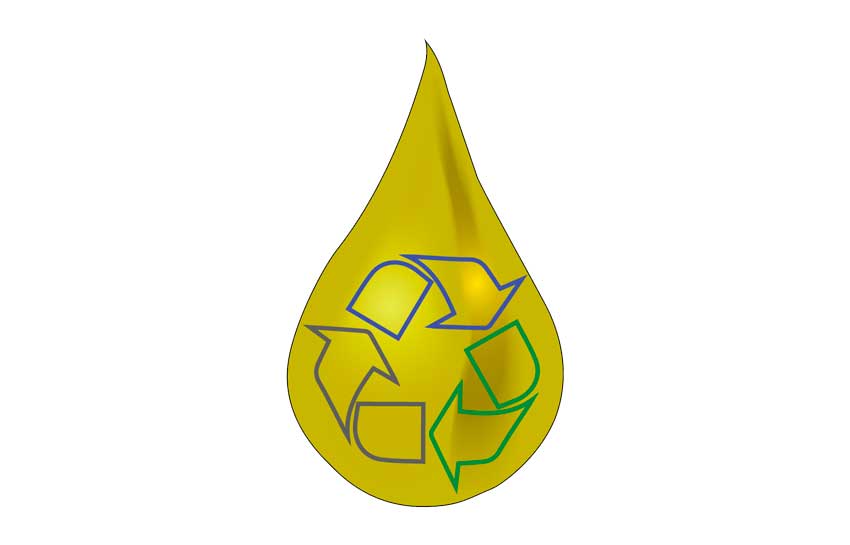
Verifying Sources for Biofuel in the Feedstock Chain
Due to volatile oil prices, diminishing reserves of petroleum, and climate change mitigation efforts, biofuel production from renewable resources has become an issue of global importance, and due to the rising demand for more biofuel, biomass feedstock is now recognized as one of the more important renewable resources for the future.
Keep reading to learn more about biofuel production, why suppliers need to verify biofuel sources in the feedstock chain, and how Aegex digital tools offer solutions with significant economic advantages.
Biomass is the Feedstock for Biofuel
Transportation fuels such as ethanol and biodiesel are biofuels produced from biomass materials. Unlike fossil fuels, biomass is renewable organic material from animals and plants containing stored chemical energy from the sun. Plants, for example, store chemical energy during the process of photosynthesis while they are growing.
U.S. Environmental Protection Agency (EPA)-approved sources of biomass for biofuel include woody and grassy plants, agricultural crops such as soybeans, sugar cane, and corn, agricultural and forestry residues or waste materials, vegetable oils, and animal fats. As biofuel feedstock, these sources are collected, processed, and refined into liquid and gaseous transportation fuels.
Biofuel and Climate Change
The U.S. has less than 5% of the global population but consumes over 25% of the world's petroleum supply. The transportation sector expends over 18 million barrels a day and is responsible for 35% of US greenhouse gas (GHG) emissions. Biofuels offer cleaner and more sustainable alternatives to fossil fuels. "Biofuels have the potential to reduce greenhouse gas emissions," the EPA notes, "and reduce our dependence on foreign oil."
Biodiesel is manufactured in the U.S. from renewable vegetable oils, animal fats, and recycled restaurant grease. It's a clean-burning substitute for petroleum diesel used directly in conventional diesel engines. Also, biodiesel offers a positive energy balance, yielding 4.56 units of energy for every unit of fossil fuel consumed over its life cycle. This is because carbon emissions from biodiesel are offset by the carbon dioxide stored while the soybeans or other biomass feedstocks were growing, before being processed into biofuel.
Economics of Supplying the Biofuel Feedstock Chain
Due to lower GHG emissions, the rising demand for biofuel has significantly increased the demand for used cooking oil (UCO), a common feedstock. As biodiesel use has expanded widely across Europe, over 50% of the UCO made into biodiesel is now being imported from overseas. And, because testing isn't performed on imported UCO, activists are questioning environmental impacts and demanding proof of feedstock sources.
Experts' suspicions are aroused because Europe is paying higher prices for UCO exports than the domestic price of SE Asian palm oil. With no testing, there's nothing preventing the dilution of UCO with cheaper palm oil. And more virgin palm tracts are potentially being cleared to support this unscrupulous but lucrative practice.
Digitizing Biofuel Production
As Europe is currently discovering, digitizing operations will protect stakeholders along the entire biofuel feedstock chain of supply. The European Waste-to-Advanced Biofuels Association (EWABA) strongly rejects suspicions of fraudulent UCO imports. Nevertheless, a pan-EU track and trace database is under development by the EU Commission.
Database entries regarding feedstock collection, for example, might utilize a mobile device capable of creating records of biofuel feedstock origins, time-stamped photographs, and GPS locations of transaction sites. Barcode scans, volumes, and types of feedstock collected, such as pure soybean, corn, or peanut oil, a specified blend, or a hodge-podge of restaurant grease would also be important. Contact names and numbers, as well as types of sites, such as fast-food restaurants, stadiums, food producers, etc., could also be included.
Aegex Helps Biofuel Producers
As world-class designers of digital solutions, Aegex Technologies offers a full spectrum of convenient digital tools to help biofuel producers. With digital bills of lading, for example, biofuel feedstock types, grades, and amounts can easily be certified, recorded, and provided to appropriate stakeholders.
Digital solutions offer verifiable audit trails ensuring integrity along the entire feedstock chain. They also offer economic advantages. Not only are higher rates justified for raw materials provided to refiners, but refiners are consequently assured of receiving higher prices for their end products, too.
If your organization needs digital solutions to improve integrity in the biofuel feedstock chain, we can help. Contact us here to learn more.
